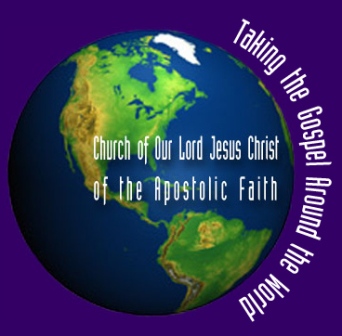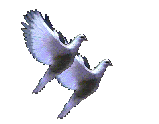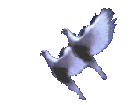"The Lord will watch over your coming and going,
both now and forevermore."
Psalm 121:8
i.
We gather
with quiet invocations and fervent shouts
in prayer houses built by our ancestors.
it is the anniversary of freedom's eve,
the beginning of a new year;
and our voices ache with jubilee songs
our feet moving, our bodies possessed
our spirits remembering.
It was on new year’s day
long ago
when enslaved Africans,
their children,
and their children's children
became irrevocably free.
"On the 1st day
of January, A.D. 1863,
all persons held as slaves
within any State
or designated part of a State
the people whereof
shall then be in rebellion . . ."
The freedom words
that were woven into sweet-grass baskets,
hidden in the words of negro spirituals,
preached aloud at campground meetings,
sung to black babies in sleepy-time songs,
would become the law of the land.
"Alleluia.
Praise the Lord."
ii.
Then freedom's eve became freedom's day
(after 100 days of waiting,
three years of a bloody civil war,
more than two centuries of servitude)
as an answer to the petitioner's plea:
"How long, my Lord, how long?"
Truly there was a reason why,
so many were gathered
on that new year's eve in 1862:
skins dark as the midnight sky,
and pale as the sand on a sea island beach.
Truly there was a reason why,
embraced by traditions from across the seas,
our ancestors had the griots
tell those wonderful stories of home.
Truly there was a reason why,
they created drum sounds
with their feet,
their hand-claps, and their rhythm sticks;
spoke of a future free of shackles,
waited and watched till the morning came.
They trusted the words of Lincoln:
"Shall be then, thenceforward,
and forever free."
They believed the words of Leviticus:
"It shall be a Jubilee for you
and each of you shall return to his
possession,
and each of you shall return to his family."
But could they really have faith
(this time)
that the righteous would truly be blessed?
for the comings and goings of life
can never be foretold.
"How long, my Lord, how long?"
iii.
There was no word at midnight,
nor at daybreak.
but past dusk on new year's day came a message:
tapped across telegraph wires,
spoken at great mass meetings.
the proclamation had been signed.
emancipation was forever.
God's chosen would be free.
It was written:
". . . upon this act,
sincerely believed to be an act of justice
warranted by the Constitution
upon military necessity
I invoke
the considerate
judgment of mankind
and the gracious favor of Almighty God."
iv.
Now, more than a century later,
in churches and chapels and houses of prayer,
on the anniversary of freedom's eve,
on watch night:
we gather
to welcome yet another year;
to bring in the jubilee.
Waiting anew for the midnight hour
with whispers and shouts,
singing and silence,
libations and thanksgiving.
Remembering that we were not always
free.
To read an original essay on Watch Night, click here.






